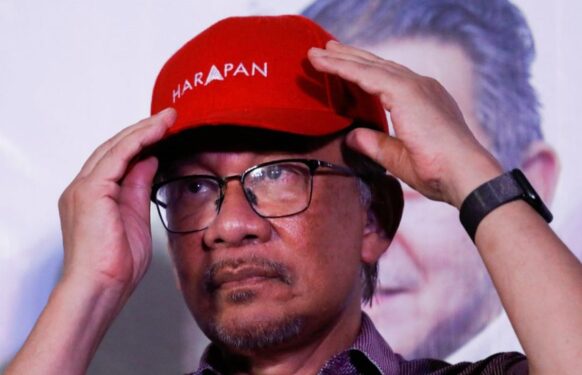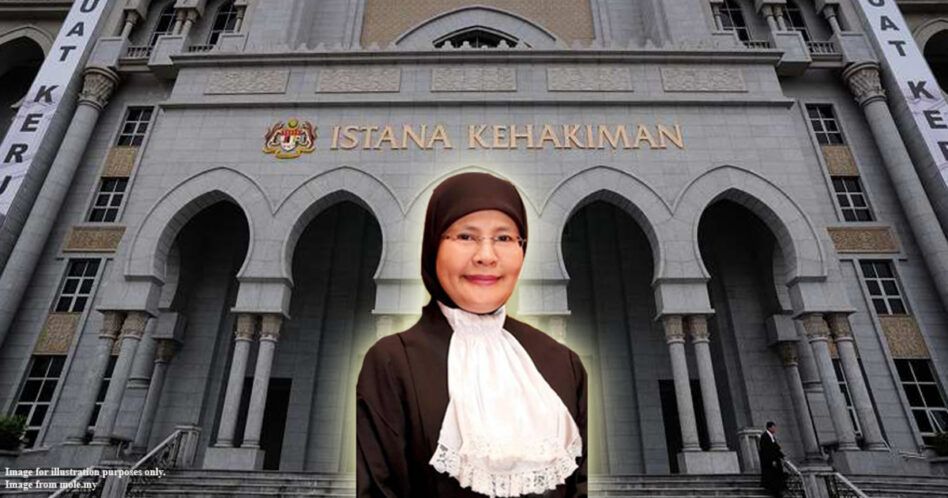FAKE news, hate speech, manipulation and misinformation are creeping through all social media platforms at a high percentage. This was the case during the 15th General Elections (GE15) as well.
Political parties used various media sources to persuade and invite people to engage in public discourse and provocation, and participate in campaigns alongside politicians using the media to spread fake news regarding other parties.
As more people rely on social media as a source of news, there are concerns that some content could sway audiences, making them unable to distinguish the truth from political propaganda.
During GE15, several political parties hired TikTok influencers for their political campaign to push their agenda to cultivate votes and provocation, especially from the younger generation.
After all, nearly half of Generation Zs would rather use social media than web search engines, according to Google’s internal data.
Besides that, the average understanding and perception of politics are shaped by what the media is portraying.
Ironically, some in support of such content are citing Article 10 of the Federal Constitution, which protects citizens’ right to free speech, to support their argument that everyone is free to express their opinions – never thinking that they are jeopardising our national interest within the current democratic society.
While social media platforms and the Internet are crucial to our everyday lives today, they also bring harm to society when they are used to spread fake information, including fake news about politicians and political parties.
As Malaysia legally and rightfully voted for their preferred candidate, the election was, without a doubt, legitimate. However, did misleading news affect the choice of the winning candidate?

A myth
Zooming through the lens of jurisprudence and American political and ethical philosopher John Rawls’ principles of social justice, we will accept that the concept of absolute freedom is a myth in social contexts.
Hence, we would describe the acts of people who freely spread false information about politics as irresponsible because they would affect national peace.
Recall that English philosopher and economist J.S. Mill said he would only advocate forceful proscriptions of speech or expression if said speech could be harmful to others or be construed as being hate speech.
What about the cybertrooper, who while waiting for a new government to be formed, touched on racial and religious sentiments in TikTok and propagated racism targeted at Malay-Muslims viewers, alleging political dominance by the DAP if the party led the country, which indirectly insulted the country’s monarchy after the elections?
Free and fair elections play a critical role in political transitions by advancing democratisation and political liberalisation, which helps to promote peace and a democratic political transformation that leads to increased stability and prosperity.
Hence, spreading false information about fake news is detrimental to our nation’s interest.
In a situation where there is a conflict of interest between an individual’s liberty to speak freely and the public interest of society, we must know where to draw the line.
Those who continue to spread false information could be emboldened by the laxity of the authorities in enforcing the relevant legislation. Therefore, strict enforcement must be carried out against them for the good of the public.
In addition, it is vital to create awareness of the harm caused by the propagation of false information among the public. – Nov 27, 2022
Sajanee Sukumaran is a third-year law undergraduate at Universiti Kebangsaan Malaysia (UKM), while Dr Nabeel Mahdi Althabhawi is a lecturer at the public varsity’s law faculty.
The views expressed are solely of the author and do not necessarily reflect those of Focus Malaysia.
Main photo credit: World of Buzz









